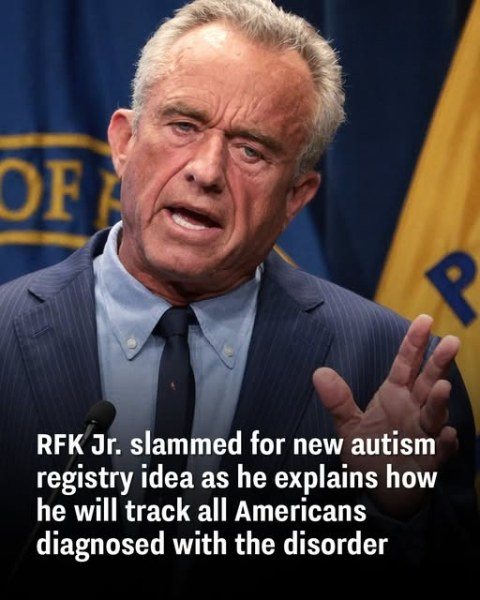Robert F. Kennedy Jr. is facing major backlash over his efforts to study autism by obtaining private medical records and launching a national registry to track Americans with the condition,
sparking a fierce debate over privacy and ethics. Speaking at a Cabinet meeting at the White House on April 17, Kennedy, now the secretary of the Department of Health and Human Services, announced a “massive testing and research effort” that will involve hundreds of scientists from around the world. Promising to uncover the causes behind what he called an “autism epidemic,” Kennedy claimed that by September, researchers would be able to pinpoint the exposures responsible—and work to eliminate them.
The project, led by the National Institutes of Health (NIH), involves gathering private medical records from federal and commercial databases, giving researchers access to medication records, lab results, insurance claims, smartwatch data, and more. While NIH Director Dr. Jay Bhattacharya emphasized that the data will be protected with “state of the art” confidentiality measures, critics argue that no amount of security can justify tapping into personal health information without explicit consent. As news broke, autism advocates and parents flooded social media with outrage, calling the move “terrifying” and accusing the government of violating their children’s rights.
In addition to analyzing patient records, the NIH will launch a new national disease registry to track autism cases in real-time, another move that has fueled concerns over surveillance and data misuse. Despite Bhattacharya’s assurances that outside researchers won’t be allowed to download the data and that the selection process will be transparent, many parents remain unconvinced. As Kennedy pushes forward with a “rapid timeline” to release findings, the controversy is only intensifying—raising urgent questions about medical privacy, consent, and the limits of government-led health research.
